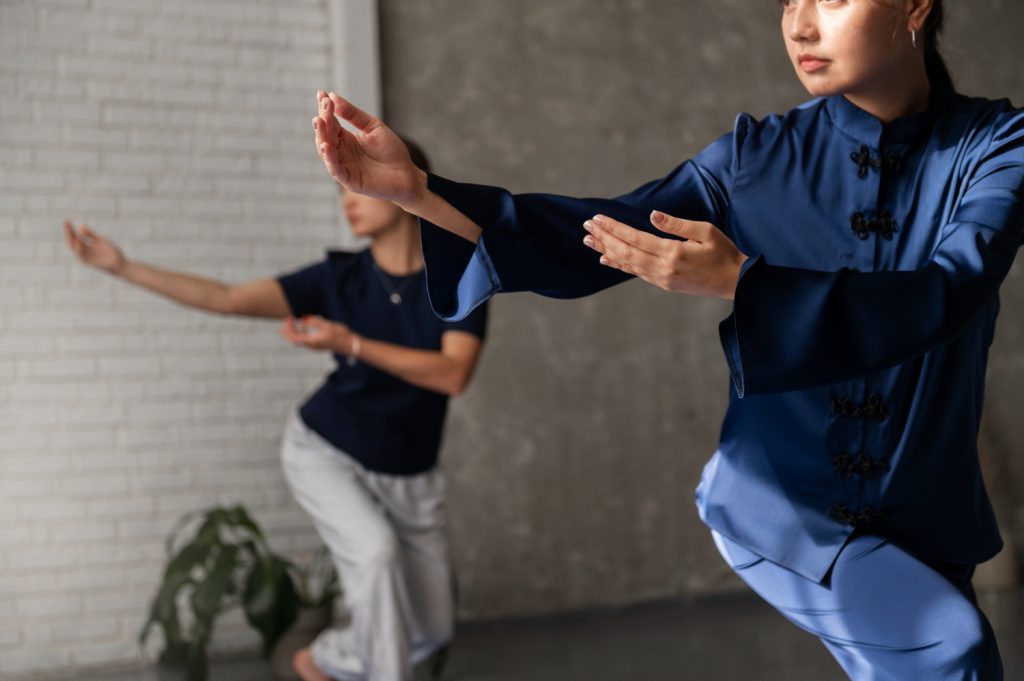Completing physical therapy is a significant achievement, but it’s essential to maintain motivation afterward to keep the positive momentum going. Staying motivated can help in sustaining the improvements achieved during therapy, ensuring lasting health benefits. Motivation is key in integrating physical activity into daily life, which supports overall well-being.
When therapy ends, the structured environment and regular progress checks might vanish, sometimes leading to a decrease in motivation. However, this transition period offers a chance to set personal goals, find activities you enjoy, and create a supportive network. By taking these steps, you can incorporate healthy habits into your routine and continue to thrive.
Motivation affects not only your physical health but also your mental and emotional well-being. It gives you the energy to pursue activities that bring joy and fulfillment. The sense of accomplishment from staying motivated helps older adults maintain independence and enhances overall life satisfaction, contributing to a well-rounded lifestyle.
Understanding the Importance of Motivation Post-Therapy
Staying motivated after physical therapy offers numerous benefits that enhance everyday life. Motivation encourages continued physical activity, which strengthens muscles and increases flexibility. This helps maintain the progress made during therapy and prevents setbacks. Regular exercise also boosts energy levels, allowing individuals to enjoy activities they love without feeling fatigued.
Moreover, motivation positively impacts mental health. Engaging in physical activity releases endorphins, which improve mood and reduce stress. This promotes a sense of accomplishment and builds resilience, making it easier to handle life’s challenges. Staying active and motivated contributes to emotional balance and a sense of purpose.
Despite these benefits, maintaining motivation can be challenging. Common obstacles include boredom, lack of progress, or feeling isolated. Identifying these challenges is key to overcoming them. Finding activities that truly interest you keeps things fresh. Additionally, acknowledge your efforts even on days when progress seems slow. Building a supportive network also helps, as encouragement from friends and family can boost motivation. Understanding and addressing these barriers ensures long-term success in post-therapy life.
Setting Clear and Achievable Goals
Establishing clear goals is essential to maintaining motivation post-therapy. Start by setting both short-term and long-term objectives. Short-term goals provide immediate targets and quick wins, making them more manageable. Examples include walking a certain distance each day or completing a set number of exercises. They offer daily motivation and a sense of accomplishment.
Long-term goals require planning over weeks or months. These might involve participating in a community event or achieving a personal milestone like increased mobility. Breaking down long-term goals into smaller steps makes them less daunting and easier to track progress. Document each step you achieve to see how far you’ve come.
Celebrating milestones is vital in this process. It reinforces the progress made and motivates continued effort. When you reach a goal, whether it’s walking further than before or completing a month of consistent exercises, take time to celebrate. Share your achievements with friends or treat yourself with a small reward. Recognition and celebration help maintain enthusiasm and reinforce a positive outlook, encouraging persistence in lifelong habits.
Building a Supportive Environment
Creating a strong support system plays a crucial role in staying motivated after physical therapy. Involving family and friends can make your journey more enjoyable and less solitary. Share your goals and progress with them, and invite them to join your activities when possible. Encouragement from loved ones provides emotional backing and helps keep you on track.
Beyond family, explore community resources to broaden your support network. Many communities offer group activities that cater to various interests, from fitness classes to hobby groups. Participating in these activities not only adds variety to your routine but also introduces you to others with similar goals, fostering a sense of camaraderie and commitment.
Join social groups or clubs that focus on your interests. This offers opportunities to make new friends and stay engaged. Whether it’s a walking club or a yoga class, being part of a group can inspire consistent participation and inject fun into your routine. Overall, a supportive environment ensures continued enthusiasm, nurtures connections, and enhances overall wellness.
Incorporating Mind and Body Practices
Incorporating mind and body practices into your daily routine enriches motivation and overall health. Mindfulness exercises, like meditation and deep breathing, cultivate mental focus and reduce stress. Set aside a few minutes each day to practice these techniques. They increase awareness of your body’s needs and bolster emotional strength.
Explore relaxation techniques, such as gentle yoga or tai chi, which offer both physical and mental benefits. These low-impact exercises improve flexibility and balance while promoting calmness and relaxation. Engaging in such activities regularly helps maintain physical gains from therapy and supports an ongoing sense of well-being.
Additionally, find hobbies that merge enjoyment and movement. Gardening, dancing, or even light hiking are excellent ways to stay active while having fun. The key lies in choosing activities that you love, and that fit your interests. Incorporating such practices ensures you remain motivated, leading a balanced lifestyle that seamlessly blends physical activity with mental relaxation.
Conclusion
Successfully navigating life after physical therapy involves more than just carrying out exercises. It requires sustained motivation and a commitment to overall well-being. By fostering a supportive environment and integrating mind and body practices, you can extend the benefits of therapy into your everyday life. Engaging in activities that excite and challenge you maintains the progress made in therapy and contributes to your quality of life.
Staying motivated involves a holistic approach that looks after the mind, body, and soul. This comprehensive perspective ensures that you not only stay active but also find joy and satisfaction in your activities. Building on this foundation helps preserve independence, enhance emotional health, and lead to a more dynamic, fulfilling life continuing beyond therapy.
At Eightlimfit, our personal trainers in Phoenix understand the challenges of staying motivated post-therapy. Our health and wellness programs in Phoenix and Scottsdale can help you maintain your progress and build a fulfilling lifestyle. Join us to explore personalized strategies and supportive communities that keep you motivated and thriving. Reach out today to get started on your journey towards sustained health.

